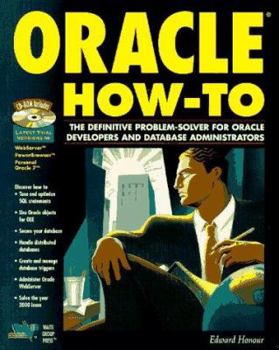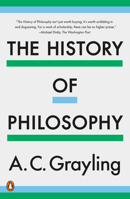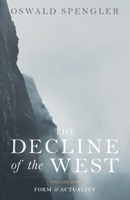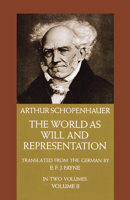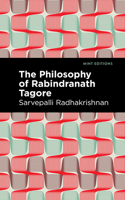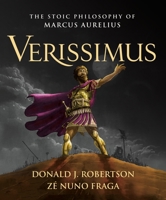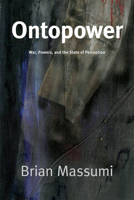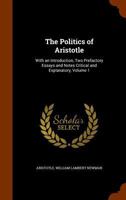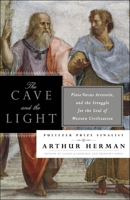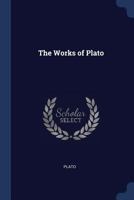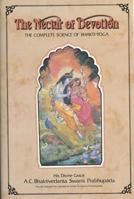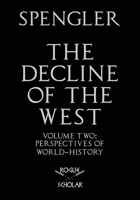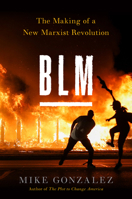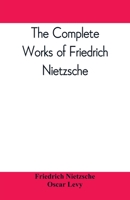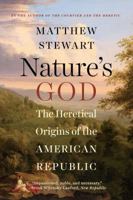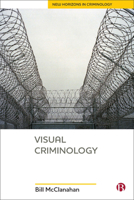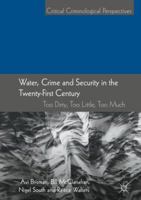Oracle How-To: The Definitive Problem-Solver for Oracle Developers and Database Administrators (How-to)
Select Format
Select Condition 
You Might Also Enjoy
Book Overview
Customer Reviews
Rated 4 starsGet started quickly
The back cover says: You will save time, solve problems, work smarter, improve performance, get results fast and get started quickly. It is true! I do not think I will ever sell this book to anybody for any kind of money. This is one of the books you want to have in your library if you are starting your database concept learning. It is a very impressive and rare book that talks about what you need to understand Oracle database...
0Report
Rated 4 starsExcellent reference source
The subject matter is well organized and clearly explained. Answers to most of the common queries have been presented in a clear manner.
0Report
Rated 5 starsUseful reference material.
If you are just getting started with ORACLE, this is a valuable resource. The examples are excellent with "How it works" and "Comments" after each one. I was pleasently surprised with how often this book has the answer to a real-life problem. Very well organized. Borrowers seldom return it and I usually have to retreive it myself.
0Report









